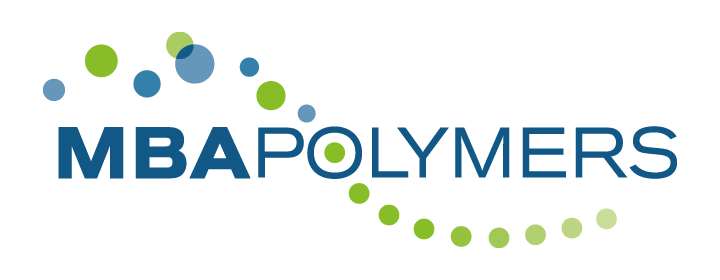Carrot or stick, should Europe use more recycling incentives?
Emerging economies are more likely to use incentives than penalties to encourage recycling among businesses, according to the KPMG ‘Green Tax Index’. This stands in stark contrast to Europe, where companies tend to be penalised for poor recycling performance. The US also bases its approach on incentives, all of which prompts the question of whether Europe should consider adopting a similar tack.
The accountancy firm compared tax regimes in different countries and their impact in encouraging reuse or recycling of materials. Overall, it found that governments have become more innovative in using tax and other fiscal instruments to conserve resources, reduce waste and encourage reuse and recycling. Landfill taxes are also very widespread.
Of the countries analysed, incentives for efficient use of materials or waste recycling were part of the national tax code in South Korea, China, Brazil and South Africa.
In Brazil, manufacturers benefit from a tax credit on the acquisition of certain waste materials if they are destined to be recycled into new products. Eligible waste materials include plastic, paper, glass and various metals. Meanwhile, Mexico City provides a good example of waste-reduction tax incentives offered by municipalities. The city grants a tax credit to corporations that recycle or reprocess their solid waste.
China proved unusual in taxing the use of certain minerals, including iron and tin ore. The reason for this is a government push to conserve domestic mineral resources and prevent further damage to the environment. Molybdenum, magnesium, talc and boron are also taxed.
Incentives are also offered in China, with KPMG citing the example of reduced or no VAT on goods produced from recycled materials. Qualifying goods include sand produced from construction waste, powdered rubber made from end-of-life tyres and electricity or heat produced from organic waste.
Incentives and penalties in Europe
In Europe, France was singled out as having a system based entirely on penalties, with a tax on the removal of refuse from buildings liable for property tax (except factories), and on the recovery and elimination of both paper and electronic waste.
The Netherlands abolished its Packaging Tax in 2013 in favour of a Packaging Waste Control Levy payable by companies that introduce more than 50,000 kilos of packaging into the Dutch market.
Across the North Sea in the UK, there is a nationwide tax on the commercial exploitation of virgin aggregates, namely rock, sand and gravel. The levy aims to encourage increased use of untaxed alternative construction materials such as recycled construction and demolition waste.
“It’s time for Europe to take a leaf out of the BRIC economies’ book and use more incentives to encourage businesses to recycle,” comments Nigel Hunton, MBA’s CEO. “We’re working with the UK government to discuss the possibility of introducing zero or reduced VAT on products made from recycled goods.”
To read the full KPMG report, please click here.
» Video of John Gimigliano of KPMG discussing some key findings from the survey.

